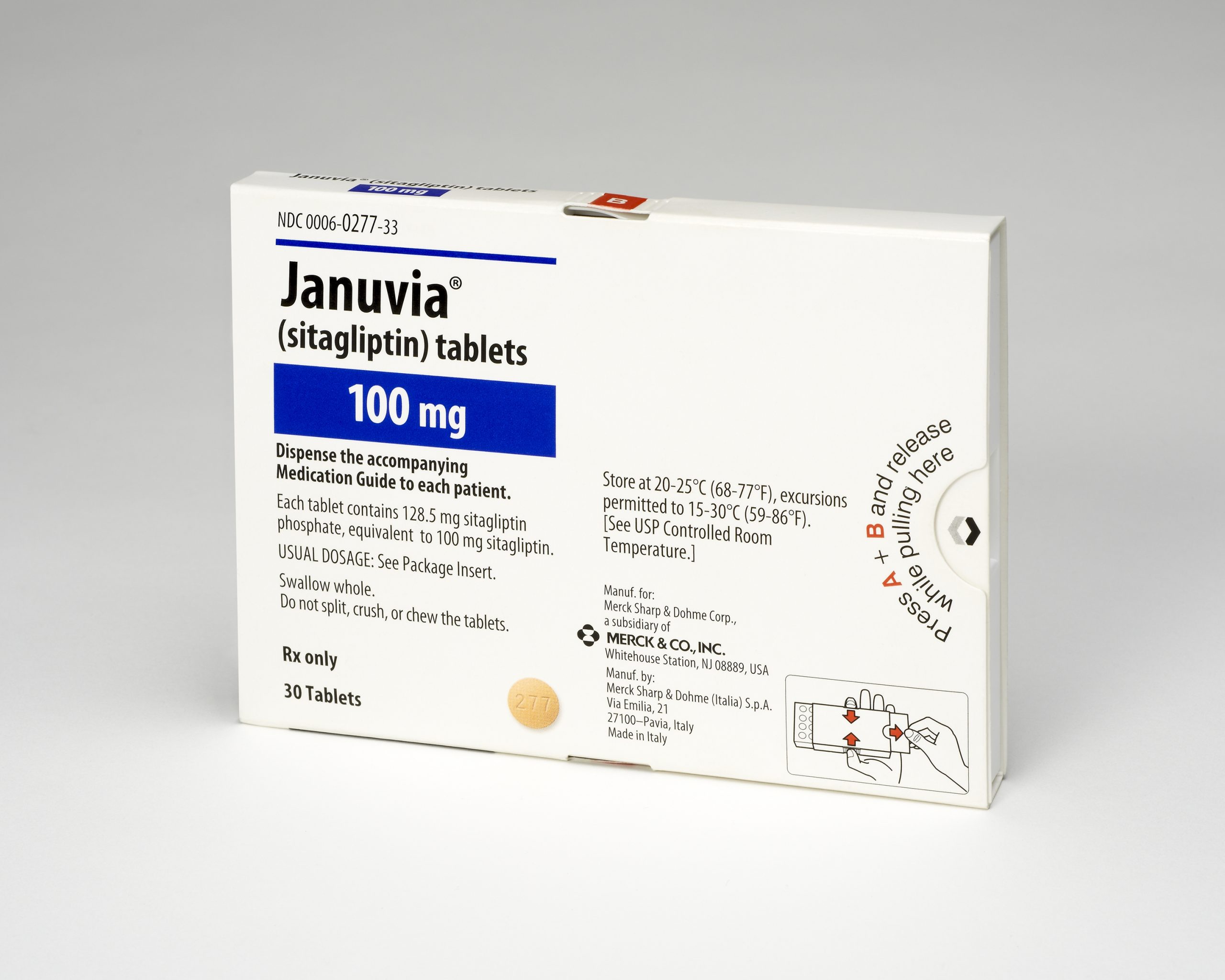New studies back safety of leading diabetes drugs

With new diabetes drug classes plagued by toxicity concerns of late, a crop of studies affirming their safety provided welcome relief at the American Diabetes Association (ADA) annual meeting in Boston this week.
Heading the list were the long-awaited results of TECOS, which looked at the cardiovascular (CV) safety of Merck & Co's DPP-4 inhibitor Januvia (sitagliptin) and concluded that there was no elevated risk with the drug in patients with established CV disease.
TECOS enrolled 14,500 patients who were followed for up to three years, and concluded that Januvia had no increase compared to placebo in major adverse CV events, hospitalisation for heart failure or adverse events.
Earlier this year, an FDA advisory committee recommended that two other DPP-4 inhibitors – AstraZeneca's (AZ) Onglyza (saxagliptin) and Takeda's Nesina (alogliptin) – should have their labels amended to indicate a possible increased risk of hospitalisation due to heart failure.
The advice sparked fears of a class effect that could impact the use of the entire DPP-4 inhibitor class in diabetes, but TECOS seems to lay those fears to rest.
The trial's joint chair, Professor Rury Holman of Oxford University, told delegates at the ADA that the study "provides reassurance that sitagliptin may be used safely to improve blood glucose levels in a diverse group of type 2 diabetes patients at high cardiovascular risk without impacting on rates of cardiovascular complications or heart failure."
AZ added to the debate at the ADA with the presentation of data from a real-world study which found no evidence of increased risk of hospitalisation for heart failure with Onglyza compared to Januvia in patients with and without established CV disease.
The new data also found that, in patients without prior CV disease, Onglyza was associated with a much lower risk of hospitalisation for heart failure compared to an older class of diabetes drug known as the sulfonylureas.
"The study findings provide new information on the risk of hospitalisation for heart failure for DPP-4 inhibitors and specifically for saxagliptin relative to sitagliptin within this class," said lead investigator Alex Fu of Georgetown University Medical Center in the US.
"There has been a cloud of suspicion over all new diabetes drugs ... over whether they may increase the risk for CV problems," said Marc Pfeffer of Harvard Medical School and Brigham and Women's Hospital in the US, who presented the results of the ELIXA trial of Sanofi's glucagon-like peptide-1 (GLP-1) agonist Lyxumia (lixisenatide) at the ADA.
ELIXA is the first CV outcomes study for any drug in the GLP-1 agonist and found that Lyxumia had a neutral effect on heart failure and other cardiovascular problems, as well as a modest benefit for weight control and no increase of risk for hypoglycaemia or pancreatic injury.
Specifically, the 6,000-patient study found no increased risk for cardiovascular death, heart attack, stroke, unstable angina or heart failure in people with type 2 diabetes who had recently experienced acute coronary syndrome (ACS) events.
The data show that these drugs "can provide a very important adjunct to therapy," said Eldrin Lewis, also of Harvard and Brigham. "We want to get people to target to minimise the future consequences of diabetes, but we don't want to add any additional risks in doing so."
Lyxumia is on the market in Europe. Sanofi withdrew its US marketing application for the drug in 2013 after an FDA request for more safety data and – armed with the ELIXA results – the company has indicated it will press ahead with a fresh filing in the US.
Related article










